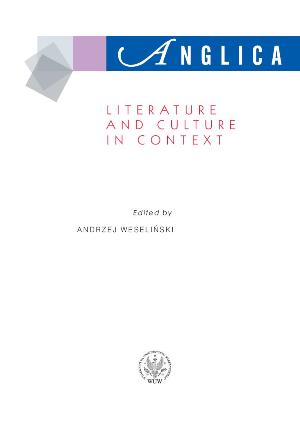TRACING THE D EVELOPMENT OF MUSIC IN BRITAIN BEFORE THE NORMAN CONQUEST
TRACING THE DEVELOPMENT OF MUSIC IN BRITAIN BEFORE THE NORMAN CONQUEST
Author(s): Mariusz BęcławskiSubject(s): Language and Literature Studies
Published by: Wydawnictwa Uniwersytetu Warszawskiego
Keywords: Anglo-Saxon music; roman music; Celtic music; Viking music; before norman conquest; before 1066; history of british music; english music
Summary/Abstract: The British natural predilection towards vocal music had a bearing on the late occurrence of music notation, as vocal music had been preserved and spread by lore. The pre-Conquest British musicians evolved from Celtic bards, through the Anglo-Saxon gleemen (low rank) and scops (high rank), the Viking skalds to the Norman minstrels. The first mention of notated English music comes from the 8th century which was sacred music to Latin texts. The Church in England introduced musical education shortly after 596 and fostered the growth of ecclesiastic music by implementing Gregorian chant. The clergy were responsible for copying and preserving both religious and secular musical treatises and manuscripts in Medieval Britain. Like in the rest of the West, the development of music in Britain took on the following stages: homophonic, polyphonic and harmonic. Due to population diversity, it was vibrant and reached its climax in the 15th century elevating English music to the Continental level. The England of the 15th century may be regarded as the cradle of modern European music.
Journal: ANGLICA - An International Journal of English Studies
- Issue Year: 2011
- Issue No: 19
- Page Range: 133-143
- Page Count: 11
- Language: English

